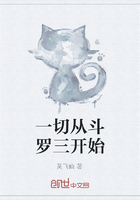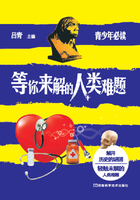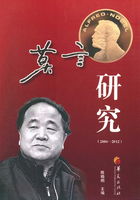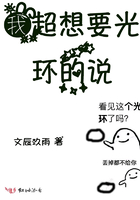The zeal of the new bishops in seeking out the suppression of papistical practices and their readiness to place the property of the churches at Northumberland's disposal soon showed that those who selected them had made no mistake. On Ridley's arrival in London he held a conference for the purpose of compelling the clergy to adopt the new liturgy in place of the Mass. He issued an order for the removal of altars, and for the erection in their places of "honest tables decently covered," whereon Communion might be celebrated. The high altar in the Cathedral of St. Paul was pulled down, and a plain Communion table set up in its stead. As such a sacrilegious innovation was resented by a great body of both clergy and people, the council felt it necessary to instruct the sheriff of Middlesex to enforce the commands of the bishop. The example thus set in the capital was to be followed throughout the country. In November 1550 letters were sent out to all the bishops in the name of the youthful head of the Church, commanding them to pull down the altars in their dioceses, and for disobedience to this order Bishop Day was arrested. Hooper, once his scruples regarding the episcopal oath and vestments had been removed, threw himself with ardour into the work of reforming the clergy of his dioceses of Worcester and Gloucester, but only to find that nothing less than a royal decree could serve to detach them from their old "superstitions" (1552). While the wholesale work of destruction was being pushed forward care was taken that none of the spoils derived from the plunder of the churches should go to private individuals.
Warwick insisted on the new bishops handing over large portions of episcopal estates to be conferred on his favourites, and royal commissions were issued to take inventories of ecclesiastical property. During the years 1551 and 1552 the churches were stripped of their valuables, and the church plate, chalices, copes, vestments, and altar cloths, were disposed of to provide money for the impecunious members of the council.
Violent measures such as these were not likely to win popularity for the new religion, nor to bring about dogmatic unity. Risings took place in Leicester, Northampton, Rutland, and Berkshire, and free fights were witnessed even in the churches of London. Rumours of conspiracy, especially in the north, where the Earls of Shrewsbury and Derby still clung to the Catholic faith, were circulated, and fears of a French invasion were not entirely without foundation. A new Act of Uniformity[65] was decreed (1552) threatening spiritual and temporal punishments against laymen who neglected to attend common prayer on Sundays and holidays. Acts were passed for the relief of the poor who had been rendered destitute by the suppression of the monasteries and the wholesale inclosures, and to comfort the married clergy, whose children were still regarded commonly as illegitimate, a second measure was passed legalising such unions. Fighting in churches and churchyards was to be put down with a heavy hand. If spiritual punishments could not suffice for the maintenance of order offenders were to be deprived of an ear or branded on the cheek with a red hot iron.
Though according to some the Book of Common Prayer had been compiled under the guidance of the Holy Ghost, soon it came to be regarded by many as unsatisfactory. The men, who had rejected the authority of the Pope because he was a foreigner to follow the teaching of apostate friars from Switzerland, Italy, Poland, and Germany, clamoured for its revision on the ground that it seemed to uphold the Real and Corporeal Presence of Christ in the Eucharist. Cranmer, who had accepted Transubstantiation in the days of Henry VIII., and had defended a kind of Real Presence in 1549, veered gradually towards Calvin's teaching on the Eucharist. In order to remove the ambiguities and difficulties of the old Prayer Book, it was determined to subject it to a complete revision by which everything that implied a real objective presence of Christ in the Eucharist should be omitted. The second Book of Common Prayer was submitted and approved by Parliament (1552), and its use was authorised by royal proclamation. It was to come into force in November 1552, but late in September, when some copies of the Book were already printed, the council issued a command that the work should be stopped until further corrections had been made. It seems that by a new rubric inserted by Cranmer communicants were enjoined to receive the communion on bended knees, and John Knox, who had arrived lately in England and was high in the favour of the council, objected strongly to such an injunction as flavouring of papistry.
Notwithstanding the spirited remonstrances of Cranmer, the council without authority from Parliament or Convocation obliged him to insert on a fly leaf the famous "Black Rubric" which remains in the Book of Common Prayer till the present day, except that in the time of Charles II. a change was made, by which "corporeal presence" was inserted in place of the "real and essential presence" repudiated in the first form of the rubric.[66]
One other matter was considered by Cranmer as necessary for the success of the new religious settlement, namely, the publication of an authoritative creed for the English Church. The great diversity of opinion in the country, the frantic appeals of men like Hooper who had tried in vain to make an unwilling clergy accept their own dogmatic standard, and the striking success of the Council of Trent in vindicating Catholic doctrine, made it necessary to show the English people what could be done by the supreme head of the Church at home even though he was only a helpless boy. In 1549 Cranmer drew up a series of Articles to be accepted by all preachers in his diocese.














